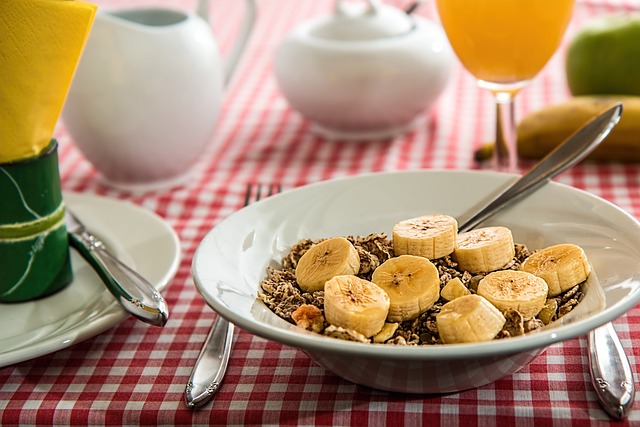Gut Health 101: The Role of Probiotics in Maintaining Digestive Balance
Our gut is home to millions of microorganisms, both good and bad, and maintaining the right balance of these bacteria is important for our overall health. The human body is a complex system and our gut plays a crucial role in it. The gut is not just responsible for breaking down food but also absorbs nutrients, produce hormones, and supports the immune system.
What are Probiotics?
Probiotics are live bacteria and yeasts that are good for your gut. They are often referred to as “good bacteria” and can be found in food and supplements. These living microorganisms aid digestion, support the immune system, and can also reduce the risk of certain diseases.
The Importance of Probiotics for Gut Health
Our gut is naturally colonized by microorganisms that help break down food and absorb nutrients. When this balance of bacteria is disrupted, it can lead to a number of issues, such as inflammation, impaired immune system, and other digestive disorders. This is where probiotics play a vital role in maintaining the balance of good and bad bacteria.
A number of factors can disrupt the balance of bacteria in our gut, including certain medications such as antibiotics, poor diet, lack of sleep, stress, and infections. When these factors disturb the gut microbiome, it can result in various health issues. Probiotics can help restore this balance of bacteria and improve gut health. They work by colonizing the GI tract with healthy bacteria, which can help reduce inflammation and prevent the growth of harmful bacteria.
Types of Probiotics
There are several types of probiotics, but the most commonly used ones are Lactobacillus and Bifidobacterium. Both these types of bacteria are naturally found in the human gut and are essential for maintaining gut health.
Lactobacillus
Lactobacillus is a type of bacteria that lives in the mouth, small intestine, and vagina. It is also found in some fermented foods such as yogurt, kefir, and sauerkraut. Lactobacillus may be useful in treating and preventing diarrhea, reducing symptoms of irritable bowel syndrome, and improving lactose intolerance.
Bifidobacterium
Bifidobacterium is a type of bacteria that is naturally present in the large intestine and is also found in some dairy products, such as yogurt. It has been shown to reduce inflammation, alleviate constipation, and improve immune function.
Foods Rich in Probiotics
Probiotics can be found in a variety of fermented foods. These include:
- Yogurt
- Kefir
- Sauerkraut
- Kimchi
- Miso
- Tempeh
Incorporating these foods into your diet may help improve gut health and boost the immune system.
Probiotic Supplements
If you are unable to get your daily dose of probiotics through foods, probiotic supplements can be a good option. However, it is important to choose the right supplement as different strains of bacteria have different health benefits. Always consult a healthcare professional before taking any supplements.
Conclusion
Gut health is vital for overall health. Maintaining a healthy balance of bacteria in the gut is essential in preventing various health issues. Probiotics are a natural and safe way to improve gut health and boost the immune system. Incorporating probiotic-rich foods in your diet and taking supplements can help keep your gut healthy and balanced.







